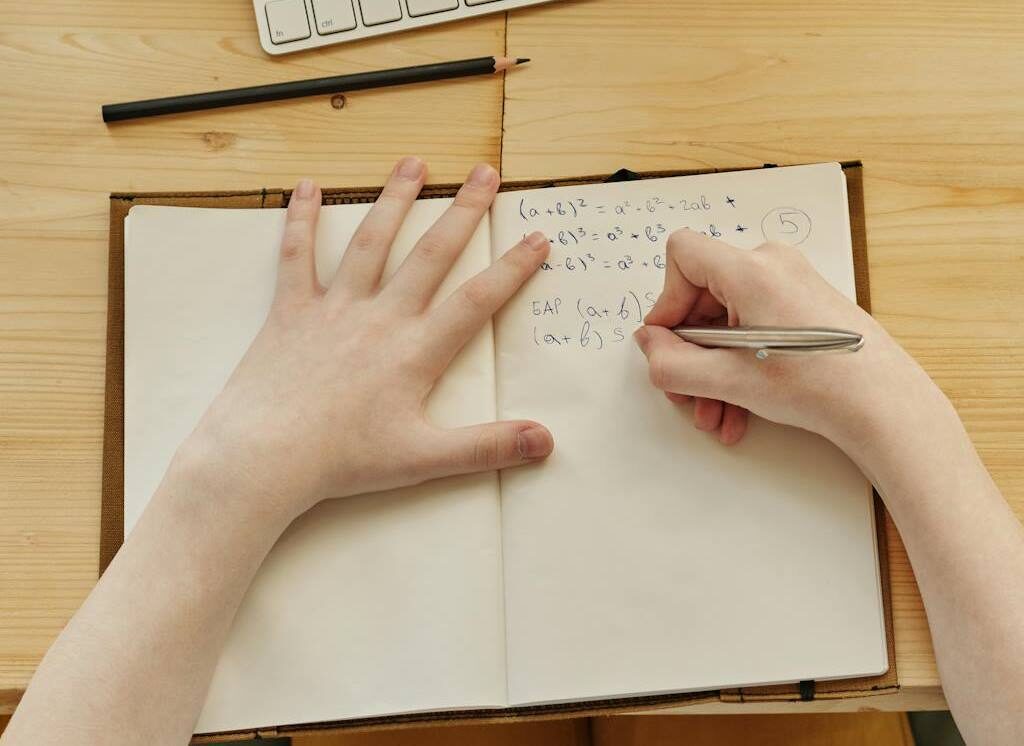To better your grades in college, effective studying is a better choice. Mastering effective study techniques can make all the difference in achieving better grades. College environment is quite different from senior high school, this means that the learning methodologies employed back in high school may not be effective in college. Your instructors now lecture instead of teach, making them less involved in your study routine. The study materials available to read are so vast but the time is too short. The last minute chew and pour doesn’t work any longer.
Like all other college students, Jane also felt the same way. “I tried so hard, burning the night candles just to push my GPA up, but to no avail, It was like college was squeezing everything out of me, but then, things changed gradually and I am getting better every day”.
With the loving help of Jane, my lectures and some of my brilliant colleagues, I put together 10 proven study techniques for better grades in college. These techniques are not only effective but also easy to incorporate into your study routine. Experiment with them and find some that works best for you.
Clear Your Mind For The Task Ahead
Don’t even know why I put this at number 1, clear your mind. According to my lecturer, this means having a good sleep, relaxing the brain and getting it ready for study. Hope you will agree with me that when the brain and the body is tired, that’s a no study day.
According to Science Daily, research of two professors of Massachusetts Institute of Technology (MIT) found that a good night’s sleep before a big test or study makes a difference. Students with consistent good sleeping habits often score high grades in college.
That this means is that including sleep in your study schedule will help change the story in the long run.
Set Clear Goals for Every Study Session
Start each study session with a plan. Outline what topics you’ll cover, set specific objectives, and allocate time for each task. There is a saying, if you fail to plan, then you already plan to fail. Clear goals help you stay focused and make the most of your study time.
For instance, instead of saying, “I’ll study biology,” try, “I’ll review Chapter 5 of the biology handout and complete 10 practice questions.” This is a goal you can reach, taking into account that chapter 5 is not about 600 pages of the handout.
This also means, don’t set goals you can’t meet. You are not in competition with anybody, it will be best to do what you can and leave the rest for another time.
Adopt the Pomodoro Technique
The Pomodoro Technique is a time management strategy that breaks study sessions into 25-minute focused intervals, followed by 5-minute breaks. After four intervals, take a longer 15–30 minute break. This method helps maintain concentration while preventing burnout.
This is how it works
- Choose a task
- Set a timer for 25 minutes
- Work until the timer ends
- Take a short break (5 minutes)
- Repeat until the task is complete
- After every four “pomodoros”, take a longer break (15 – 30 minutes)
It’s named after the Italian word pomodoro, which means “tomato”. That means tomatoes are good for your study – just kidding.
Use Active Recall
Don’t read your college materials like reading a newspaper, where you read without a purpose or expectation, and without considering what the text is trying to convey. This type of reading is ineffective for long-term retention.
Instead, test yourself on the material by recalling information without looking at your notes. For example, try summarizing what you’ve learned or creating flashcards. Create flashcards with questions on one side and answers on the other. When you flip the card, your brain has to actively retrieve the answer from your memory.
Studies show that active recall strengthens memory and improves understanding.
Teach What You Learn

Teaching is one of the most powerful ways to solidify your understanding. Explain complex topics to a friend, family member, or even yourself. The process forces you to break down information into simpler terms, deepening your comprehension.
When starting to code in a different language, and not getting my head around it, the lecturer advises that after learning, “explain what you’ve learnt to a fourth grader”. This means understanding the topic and explaining it to a kid who has no knowledge about it.
Leverage Spaced Repetition
Cramming might help you survive an exam, but it’s terrible for long-term retention. Spaced repetition involves reviewing material and gradually increasing intervals over time. Tools like Anki and Quizlet are excellent for implementing this proven study technique.
Create a Distraction-Free Study Environment
Your environment significantly impacts your productivity. Choose a quiet, well lit space, and eliminate distractions like social media. If okay with you, silence your phone during your study time or put it far from you. If your current study environment is not productive, try switching it, try places like a cafe or library. Tools like noise canceling headphones or apps like Forest can help you stay focused.
Organize Your Notes Effectively

Effective note taking may solve more than 10% of all studying issues, it is key to efficient studying. Well structured notes make it easier to review and understand complex concepts.
Use methods like the Cornell Note-Taking System – a method of taking notes that helps you organize information visually, mind mapping – a visual technique for organizing ideas and information, or color-coded highlights with a highlighter to organize your notes.
Practice with Past Exams and Questions
One of the best ways to prepare for tests is by practicing past exams or sample questions. It not only familiarizes you with the exam format but also highlights areas that need improvement. Don’t take this for granted. Practice questions help you identify how exam questions are structured.
Stay Physically and Mentally Healthy
Your brain performs best when your body is well-nourished and rested. Prioritize sleep, eat a balanced diet, and incorporate regular exercise into your routine. Simple practices like mindfulness or meditation can also reduce stress and enhance focus.
Join Study Groups

Studying with peers can provide fresh perspectives and help fill knowledge gaps. Collaborative learning also makes studying more engaging and less isolating. Just ensure your group stays focused and avoids becoming a social hangout.
This particular point may not work for all individuals, if you feel okay studying alone, good for, if you do better in a study group also, stick to what works best for you.
Improving your grades in college doesn’t require superhuman effort, it’s about adopting smarter strategies. These proven study techniques for better grades in college can transform the way you learn, making studying more efficient and less stressful. Start by implementing one or two techniques, and gradually integrate more into your routine.


[…] learn how to build and train AI models, develop neural networks, and apply machine learning algorithms to […]
[…] Read – 10 Proven Study Techniques for Better Grades in College […]